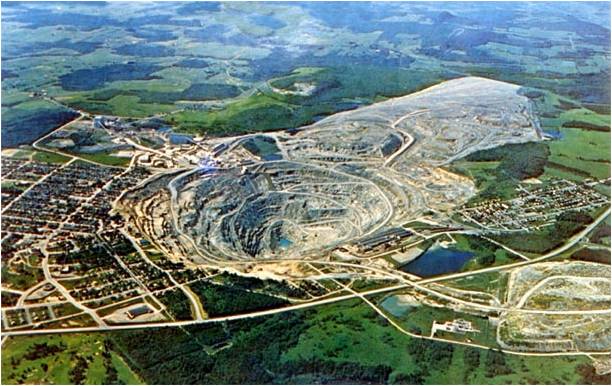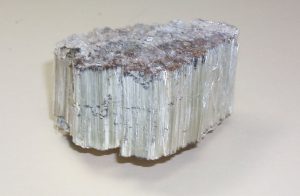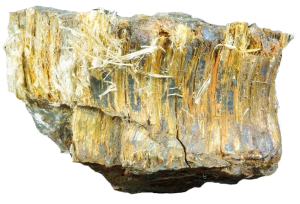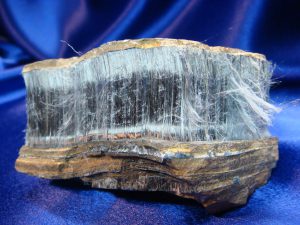Asbestos Materials
Asbestos is a naturally occurring fibrous mineral, and its use can be traced back for hundreds of years.

In the past it has been plentiful, versatile, economic and an ideal material to be used for fire-proofing, insulation and in general manufacturing, on its own, or being added to a base element.
Asbestos is a strong durable non-combustible fibre, the unique properties of which make it ideal for all forms of fire and heat retardant insulation and reinforcing other products including cement, vinyl and other materials used in the manufacture of building products. It has the added property of providing insulation and protecting structures from the effects of fire. As a result of these ranging properties asbestos containing materials have been used extensively in the building industry.
There are three main types of asbestos that have been used commercially. The most common type is Chrysotile or white asbestos which accounts for some 95% of all asbestos used. The other two are Amosite or brown asbestos and Crocidolite, blue asbestos. It is important to remember that ALL Asbestos is dangerous, and that the risk to exposure increases, with the friable nature of the location, and the elements of work being carried out to the material.
Chrysotile
 Chrysotile (white) was in the past most commonly used type of asbestos in the manufacture of building materials. Chrysotile was used mainly in asbestos cement boards and also, to a lesser extent, in sprayed asbestos coatings and asbestos insulation to process pipework and vessels.
Chrysotile (white) was in the past most commonly used type of asbestos in the manufacture of building materials. Chrysotile was used mainly in asbestos cement boards and also, to a lesser extent, in sprayed asbestos coatings and asbestos insulation to process pipework and vessels.
Amosite
 Amosite (brown) asbestos was used either as sprayed asbestos coatings, asbestos lagging or insulating board. The most important use of Amosite was in asbestos insulating board used for fire protection.
Amosite (brown) asbestos was used either as sprayed asbestos coatings, asbestos lagging or insulating board. The most important use of Amosite was in asbestos insulating board used for fire protection.
Crocidolite
 Crocidolite (blue) asbestos was used mainly in high temperature boilers, pipework and vessels and also in sprayed asbestos coatings, insulating board and cementatious roofing sheets. The use of Crocidolite in building applications was never extensive.
Crocidolite (blue) asbestos was used mainly in high temperature boilers, pipework and vessels and also in sprayed asbestos coatings, insulating board and cementatious roofing sheets. The use of Crocidolite in building applications was never extensive.
Asbestos risks
Products such as asbestos cement board have high density, low fibre content with a very low working dust level. Products such as asbestos insulating board have a medium density with medium fibre content and moderate working dust level. Products such as asbestos lagging or sprayed asbestos coating have a low density with high fibre content and high working dust level.

